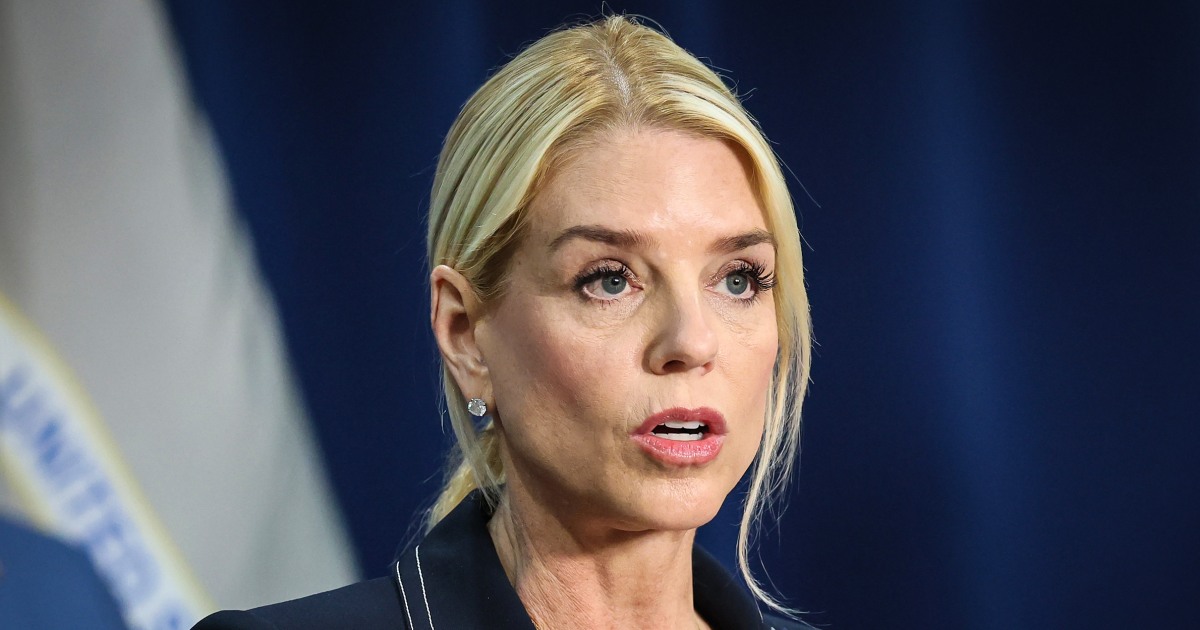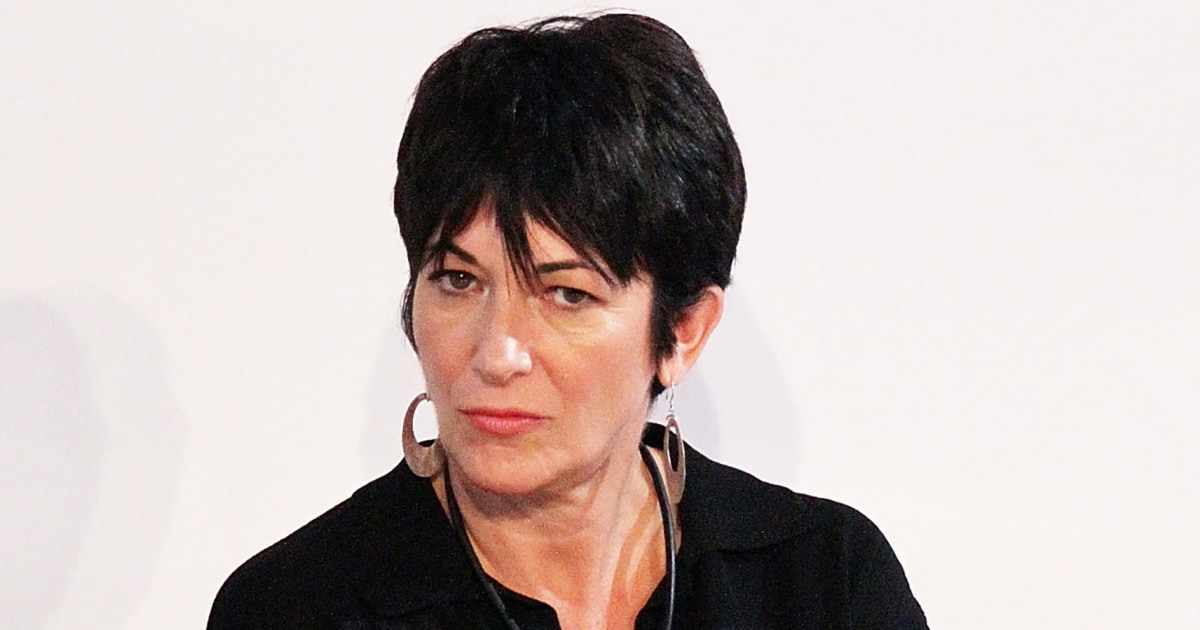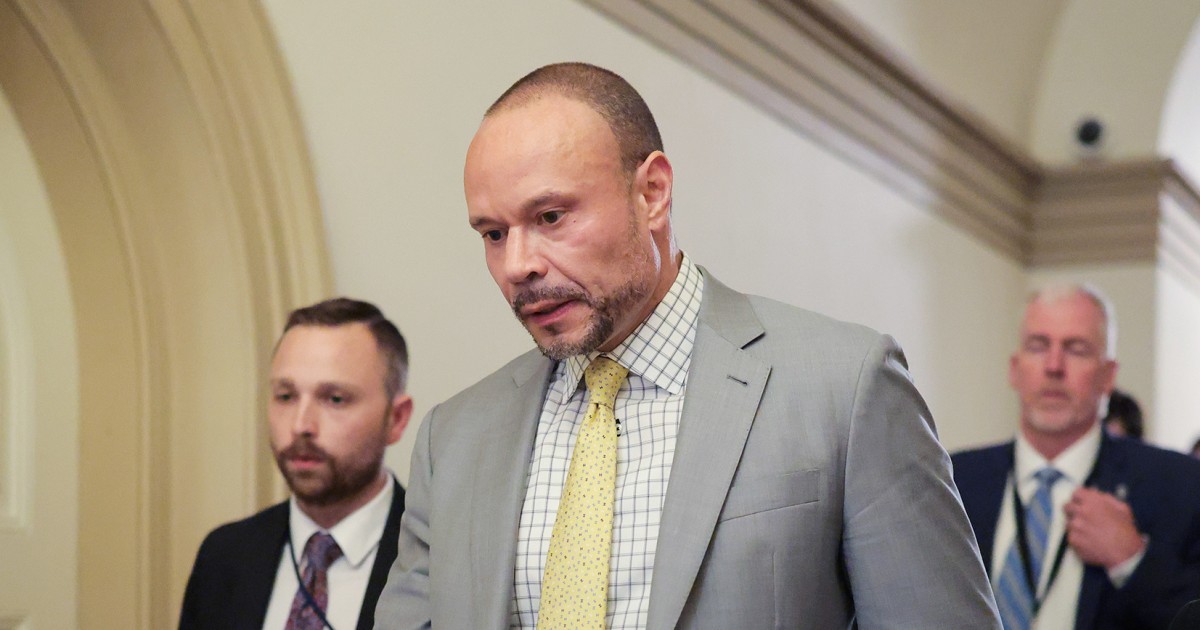Attorney General Fired for Obscene Gesture Towards National Guard

Introduction
Attorney General Pam Bondi has fired a Justice Department employee for allegedly making an obscene gesture towards National Guard members in Washington D.C. The incident occurred on Friday, as the National Guard was deployed to the city as part of President Donald Trump's efforts to combat crime. The Justice Department confirmed the employee's termination, citing the seriousness of the offense.
Key Details
The incident has sparked controversy and criticism towards the Justice Department and the Trump administration. Many have expressed outrage over the employee's actions, stating that it shows a lack of respect towards the National Guard and their important role in protecting the city. This incident also raises questions about the culture within the Justice Department and the level of professionalism and respect expected from employees.
This is not the first time that the National Guard has been deployed to Washington D.C. for similar reasons. In 2016, then-President Barack Obama also deployed National Guard members to assist with crowd control during protests in the city. However, this is the first known incident of an employee making an obscene gesture towards them.
Impact
The firing of the Justice Department employee sends a strong message that such behavior will not be tolerated, especially towards members of the National Guard who are serving their country. This incident also highlights the importance of maintaining a professional and respectful work environment, especially in high-stress and volatile situations. It remains
About the People Mentioned
Pam Bondi
Pam Bondi is an American lawyer and politician who currently serves as the 87th Attorney General of the United States, having been sworn in on February 5, 2025. A fourth-generation Floridian from Tampa, Bondi earned a Bachelor of Arts in Criminal Justice from the University of Florida and a Juris Doctor from Stetson University College of Law. She spent more than 18 years as a prosecutor in Hillsborough County, handling cases ranging from domestic violence to capital murder. Bondi was elected Florida’s 37th Attorney General in 2010, becoming the first woman to hold the position. She served two terms from 2011 to 2019, during which she gained national recognition for her efforts to combat human trafficking, opioid addiction, and fraud. In her first legislative session, she led reforms that shut down 98 unscrupulous clinics contributing to the opioid crisis. She also chaired the Florida Statewide Human Trafficking Council and was appointed to President Trump’s Opioid and Drug Abuse Commission. Bondi played a prominent role in multistate lawsuits against pharmaceutical companies and led a legal challenge to the Affordable Care Act. She was a vocal supporter of President Donald Trump, joining the White House Counsel’s Office in 2019 and serving on the legal defense team during Trump’s first impeachment trial. After leaving public office, she became a partner at the lobbying firm Ballard Partners and held leadership roles at the America First Policy Institute. Bondi was nominated by President Trump to serve as U.S. Attorney General following the withdrawal of his initial nominee, and she was confirmed by the Senate in February 2025. Her career has been marked by a focus on criminal justice reform, public safety, and conservative legal advocacy.
Donald Trump
Donald John Trump, born June 14, 1946, in Queens, New York, is an American businessman, media personality, and politician. He graduated from the University of Pennsylvania’s Wharton School in 1968 with a degree in economics. In 1971, he took over his family’s real estate business, renaming it the Trump Organization, through which he expanded into building and managing skyscrapers, hotels, casinos, and golf courses. Trump gained widespread fame as the host of the reality TV show *The Apprentice* from 2004 to 2015, which helped establish his public persona as a successful entrepreneur. Trump entered politics as a Republican and was elected the 45th president of the United States, serving from 2017 to 2021. His presidency was marked by significant policy actions including tax cuts, deregulation, the appointment of three Supreme Court justices, renegotiation of trade agreements (notably replacing NAFTA with the USMCA), and a focus on immigration control including border wall expansion. He withdrew the U.S. from international agreements such as the Paris Climate Accord and the Iran nuclear deal, and engaged in a trade war with China. His administration’s response to the COVID-19 pandemic was criticized for downplaying the virus’s severity. Trump was impeached twice by the House of Representatives—first in 2019 for abuse of power and obstruction, and again in 2021 for incitement of insurrection—but was acquitted by the Senate both times. After losing the 2020 election to Joe Biden, Trump challenged the results, culminating in the January 6, 2021, Capitol riot. He remains a central figure in American politics, having won the 2024 presidential election and returned as the 47th president in 2025, continuing to promote policies aimed at economic growth, border security, and military strength[1][2][3][4].
Barack Obama
Barack Hussein Obama II, born August 4, 1961, in Honolulu, Hawaii, is an American politician, lawyer, and author who served as the 44th President of the United States from 2009 to 2017[2][3][8]. He is widely recognized as the first African American to hold the nation’s highest office, marking a historic milestone in U.S. history[1][2][3]. Obama’s early life was shaped by a diverse heritage—his mother, Stanley Ann Dunham, was a white American from Kansas, and his father, Barack Obama Sr., was a Kenyan economist[2][4][9]. He spent part of his childhood in Indonesia before returning to Hawaii, where he was raised primarily by his maternal grandparents[4][5]. Obama attended Columbia University, graduating with a degree in political science, and later earned a law degree from Harvard Law School, where he became the first African American president of the Harvard Law Review[2][3][4]. After law school, he worked as a community organizer in Chicago, a civil rights attorney, and a lecturer at the University of Chicago Law School[2][3]. He entered politics as a member of the Illinois State Senate (1997–2004) and then represented Illinois in the U.S. Senate (2005–2008)[2][3]. His 2008 presidential campaign, built on themes of “hope” and “change,” resonated with voters during a period of economic uncertainty and war[2]. Obama defeated Republican John McCain to become president and was reelected in 2012, defeating Mitt Romney[3][5]. As president, Obama’s major domestic achievements included the Affordable Care Act (expanding health insurance coverage), economic stimulus measures in response to the 2008 financial crisis, and the repeal of “Don’t Ask, Don’t Tell,” allowing LGBTQ individuals to serve openly in the military[2][4]. In foreign policy, he oversaw the withdrawal of U.S. troops from Iraq, authorized the operation that killed Osama bin Laden, and pursued the normalization of relations with Cuba[4][6]. He was awarded the Nobel Peace Prize in 2009 for his efforts to strengthen international diplomacy[1][2]. Since leaving office, Obama has remained active in public life through his foundation, speaking engagements, and media projects, though he has generally maintained a lower public profile than some predecessors[2]. He continues to be a prominent voice on issues such as democracy, climate change, and civic engagement. As of late 2025, Obama is not holding any official government position but remains a symbol of progress in American politics and a respected figure in global discourse[2].
About the Organizations Mentioned
Justice Department
The United States Department of Justice (DOJ) is the principal federal agency responsible for enforcing federal laws, ensuring public safety, and protecting civil rights. Headquartered in Washington, D.C., the DOJ operates under the leadership of the Attorney General, who serves as a key member of the President’s Cabinet. As of 2025, Pam Bondi holds this position, having taken office in February and quickly shaping the department’s priorities. Established in 1870 during President Ulysses S. Grant’s administration, the DOJ’s roots trace back to the creation of the Attorney General’s office in 1789. Over the years, it has grown into a vast organization with more than 115,000 employees and over 40 component agencies, including the Federal Bureau of Investigation (FBI), Drug Enforcement Administration (DEA), and U.S. Marshals Service. The DOJ also houses specialized divisions for criminal, civil, antitrust, tax, civil rights, and national security matters, and oversees 94 U.S. Attorney offices nationwide. The DOJ’s mission centers on upholding the rule of law, safeguarding national security, and defending civil liberties. In 2025, the department has shifted its enforcement focus, prioritizing areas such as healthcare fraud, customs and tariff evasion, and corporate misconduct, especially involving foreign adversaries and financial gatekeepers. Recent policy changes have emphasized efficiency in investigations and reduced reliance on corporate compliance monitors, reflecting a broader effort to minimize regulatory burdens on businesses. Notably, the DOJ has also been tasked with reviewing past government conduct to address concerns about the “weaponization” of federal agencies, ensuring accountability and restoring public trust. For business and technology leaders, the DOJ’s evolving priorities—particularly in areas like cybersecurity, antitrust, and international trade—have significant implications for compliance, risk management, and corporate governance.


















